Stories That Work: “It Never Snows in Snowtown” by Rebecca Zahabi, and “Dust” by Edward Ashton
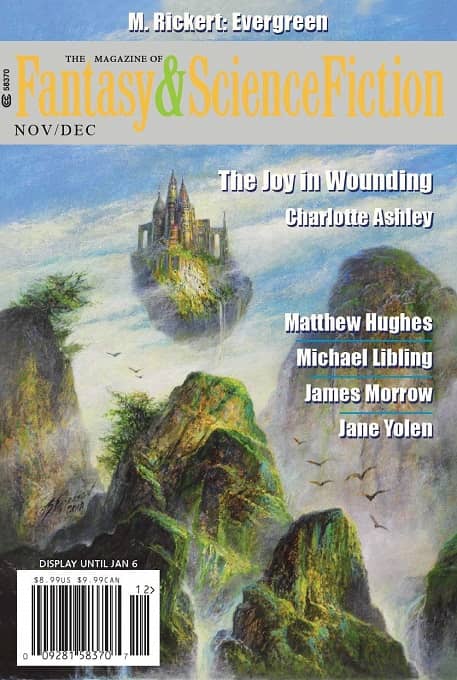 |
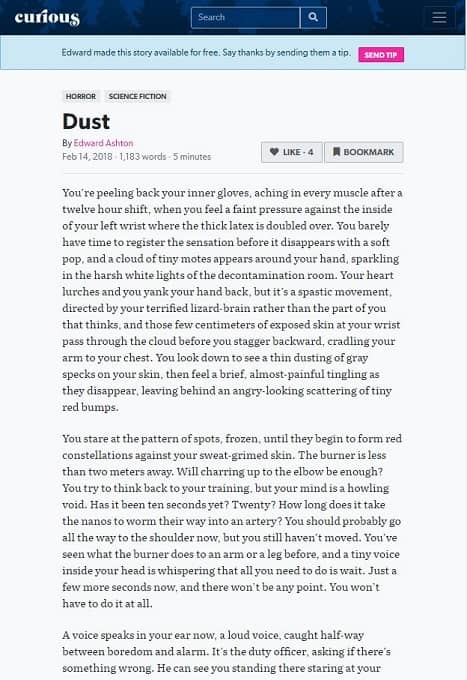 |
F&SF cover art by Bob Eggleton
Ray Bradbury caused the ruckus first with The Martian Chronicles, but I also blame Eric Frank Russell’s Men, Martians and Machines, and Anthony Boucher’s A Treasury of Great Science Fiction. Before those three books, I only read novels — short ones to be sure — like Tom Swift and Tom Corbett and anything that the Weekly Reader Book Club featured in their regular catalogs. After reading Bradbury, Russell and Boucher, short stories hooked me. They drew me so powerfully that when I grew older I believed that maybe I could write some, and for the last thirty-five years, that’s what I’ve been doing.
Here’s the thing, though, the mood, energy and time to write exactly overlaps reading time, so I found that I read much less as an adult than I did when I was younger. Also, my tastes have narrowed. Where I used to read indiscriminately, uncritically, I now am a picky reader. Time seems short, and I hate to waste it on middle-of-the-road writing.
So when I find an outstanding short stories, I point them out. Reading time is precious!
F&SF offered a truly disturbing piece by Rebecca Zahabi in the Nov/Dec 2019 issue. “It Never Snows in Snowtown” starts like a Christmas card as the unnamed narrator decides to find out more of her city’s cultural heritage. Zahabi’s artful language creates a compelling portrait. Snowflakes catch in a child’s clothes “like sugar icing sprinkled on this human cupcake,” and on the city’s lake, “couples danced together, twirling around each other like birds trying to tell their love in flight.”
[Click the images for sizes that work.]
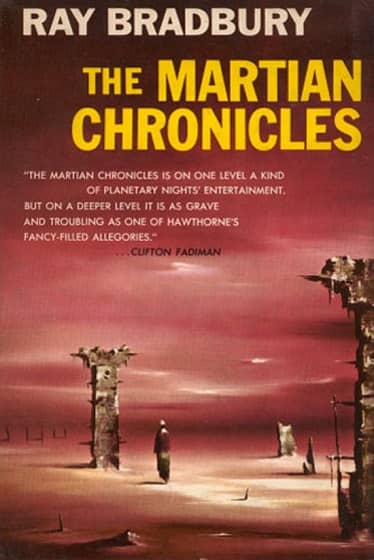 |
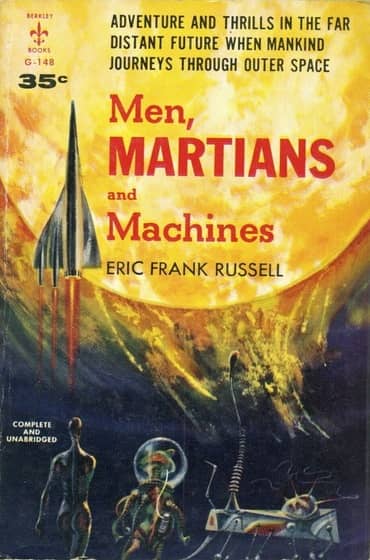 |
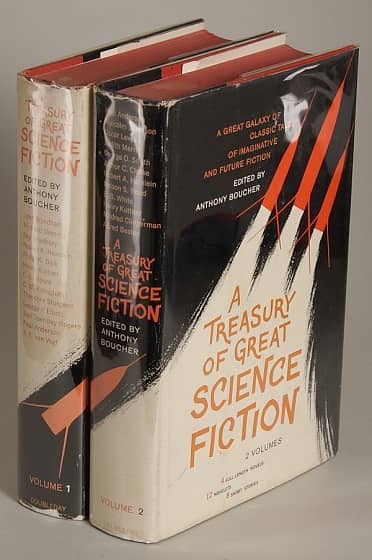 |
But the farther she walks, the more surreal and frightening the city becomes. Inexplicable graffiti marks the walls, while Zahabi’s descriptions reflect the narrator’s changing mood. She says, “The snow had turned to sleet, a cold wet thing running down my neck, finding ways into my clothes like a dead lover’s hands.”
On her tour, our narrator discovers way more about her city than she planned.
I am unfamiliar with Zahabi’s work, but I’ll be watching for her from now on. She does a lot with “It Never Snows in Snowtown.” I think there’s a conversation with Le Guin’s “Those Who Walk Away from Omelas” going on here, and commentary on our response to the world and our responsibility for the future.
That’s a lot to pack into a short story. I’ll be thinking about this piece for a long time. I heartily recommend it.
A reliable source for short tales for me lately is Curious Fictions, a site for reprinted stories. Most of them are free, but readers can subscribe to authors they like or leave tips. I’ve been posting stories and reading stories there for a year.
One of my favorites lately came from Edward Ashton, “Dust,” a reprint from Daily Science Fiction (another interesting short fiction venue). I’m constantly surprised by how powerful a flash story can be. They’re also hard to talk about without giving them away.
Ashton manages to create an entire science fictional premise, put his character into a dire moment, and resolve the problem in under 1,200 words. What put the story over the top for me is its elegiac closing paragraph. I invested three or four minutes reading it, then spent the rest of the day contemplating the echo of the last image.
Read the complete story here.
A lively discussion of powerful short fiction always interests me. I love to hear reader’s suggestions for both the latest works they’ve discovered and for the classics they continue to revisit. If you’d like to join the conversation, leave your comments below. I’m constantly on the search for worthwhile titles.
Magazines covered in this column:
The Magazine of Fantasy & Science Fiction edited by C.C. Finley
Curious Fictions edited by Tanya Breshears and Alessandra López
Daily Science Fiction edited by Michele-Lee Barasso and Jonathan Lade
James Van Pelt lives in western Colorado. He has published five collections of short fiction — including Strangers and Beggars (2002), The Last of the O-Forms & Other Stories (2005), and The Experience Arcade and Other Stories (2017) — and two novels, Summer of the Apocalypse (2006) and Pandora’s Gun (2015), all with Fairwood Press. His last article for us was Writing is an Evolutionary Act.
